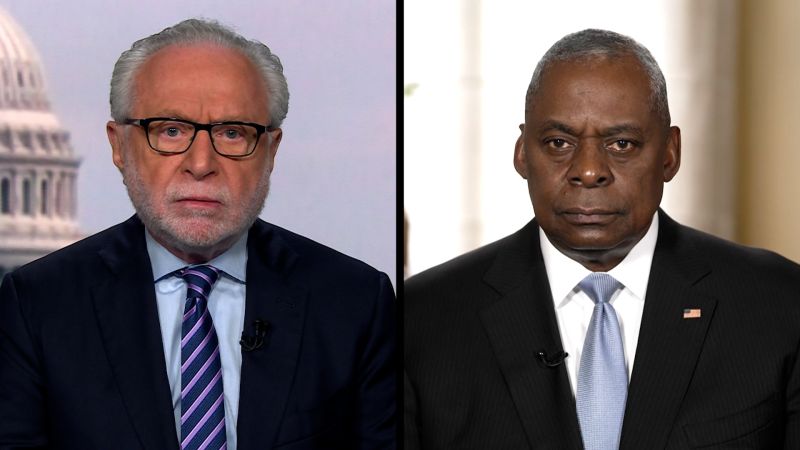Austin emphasizes that an all-out war between Hezbollah and Israel would be “devastating” for both countries. He stresses the need for a diplomatic solution to prevent further escalation and avoid the loss of life on both sides. Austin’s comments come as tensions between Hezbollah and Israel have been mounting, with recent incidents including cross-border exchanges of fire and threats of retaliation from both sides. Austin’s warning serves as a reminder of the catastrophic consequences that a full-scale war could bring to the region.
The US Secretary of Defence also acknowledges the complexities of the situation, pointing out the deep-seated animosities and historical conflicts between Hezbollah and Israel. He notes that resolving the conflict will require extensive diplomatic efforts and a willingness to engage in dialogue to address the underlying grievances and root causes of the conflict. Austin’s recognition of the challenges involved in finding a peaceful resolution underscores the need for sustained international efforts to prevent further escalation and promote stability in the region.
Austin’s comments come amid concerns about the growing influence of Hezbollah in Lebanon and its support from Iran, which has raised fears of a potential conflict with Israel. The US has long viewed Hezbollah as a terrorist organization and has worked to counter its activities in the region. Austin’s remarks signal the US’s commitment to supporting Israel’s security while also advocating for a diplomatic solution to prevent a wider conflict that could destabilize the region. By addressing the underlying issues driving the conflict, Austin highlights the importance of addressing the root causes of the tensions between Hezbollah and Israel.
Austin’s interview with CNN’s Wolf Blitzer underscores the US’s role in promoting peace and stability in the Middle East, particularly in light of the escalating tensions between Hezbollah and Israel. The US has a vested interest in preventing a full-scale war in the region, as it could have far-reaching consequences for global security and stability. Austin’s comments serve as a reminder of the importance of diplomatic efforts to de-escalate the situation and prevent further violence. By engaging in dialogue and promoting peaceful solutions, the US aims to prevent a potential conflict that could have devastating consequences for both Lebanon and Israel.
In addition to addressing the immediate concerns surrounding a potential conflict between Hezbollah and Israel, Austin’s remarks also highlight the broader implications of a regional war in the Middle East. He emphasizes the need for all parties involved to exercise restraint and prioritize diplomatic solutions to avoid further escalation. Austin’s comments reflect the US’s commitment to promoting peace and stability in the region and its support for efforts to address the underlying causes of the conflict. By advocating for a diplomatic solution, Austin reaffirms the US’s stance on fostering a peaceful resolution to the tensions between Hezbollah and Israel.
Overall, Austin’s interview with CNN’s Wolf Blitzer sheds light on the gravity of the situation between Hezbollah and Israel and the potential consequences of a full-scale war. His emphasis on the need for a diplomatic solution underscores the importance of finding peaceful ways to resolve conflicts and prevent further violence. As tensions continue to escalate in the region, Austin’s remarks serve as a call to action for international efforts to de-escalate the situation and promote stability in the Middle East. By advocating for dialogue and diplomacy, Austin reaffirms the US’s commitment to preventing a wider conflict that could have devastating effects on both Lebanon and Israel.


